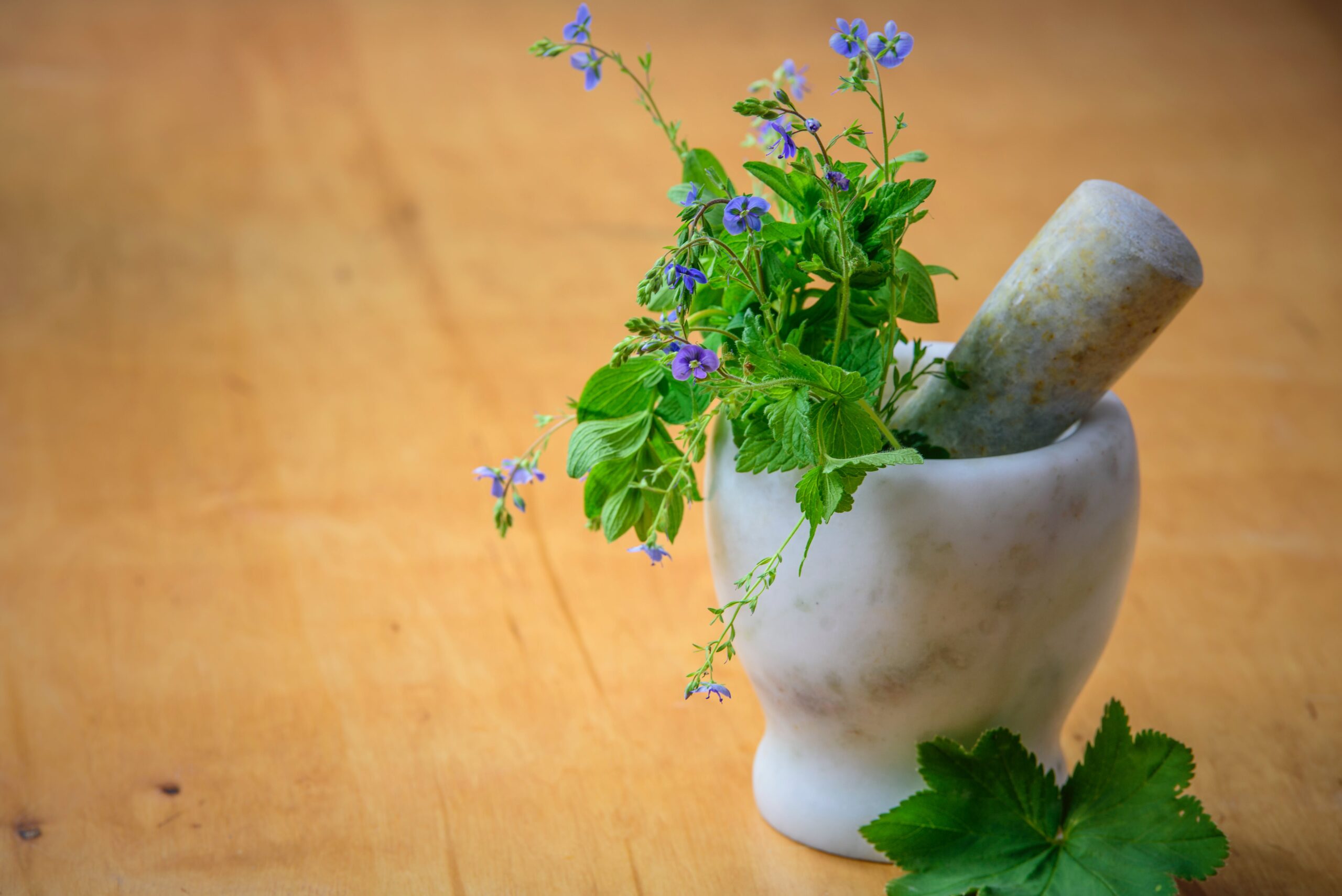Ayurveda, the ancient system of holistic medicine from India, provides a wealth of wisdom for promoting well-being, balance, and vitality. When it comes to caring for newborn babies during the winter season, Ayurveda offers gentle and natural approaches to ensure their health and comfort. In this article, we explore Ayurvedic principles and practices that can be incorporated into the winter care routine for newborns.
- Abhyanga (Oil Massage): Ayurveda places great emphasis on oil massage for newborns, especially during the winter. Choose a warm, natural oil such as sesame or coconut oil. Gently massage your baby’s body before bath time to nourish the skin, enhance circulation, and provide a sense of warmth.
- Swedana (Steam Bath): A mild form of swedana, or steam therapy, can be beneficial for newborns during winter. Create a warm and steamy environment in the bathroom by running a hot shower. Hold your baby in your arms to allow them to experience the gentle steam, which can help open the pores and support respiratory health.
- Nasya (Nasal Care): Winter often brings dry air, which can impact a baby’s delicate nasal passages. Use a saline solution to cleanse your baby’s nasal passages, promoting clear breathing. Ayurveda also suggests applying a small amount of ghee (clarified butter) to the inside of the nostrils to prevent dryness.
- Warm Bath with Ayurvedic Herbs: Infuse your baby’s bathwater with Ayurvedic herbs known for their nourishing and soothing properties. Common herbs include neem, tulsi (holy basil), and manjistha. These herbs can be added to the bathwater or used to make a gentle herbal wash for your baby’s skin.
- Ayurvedic Diet for Nursing Mothers: According to Ayurveda, the diet of nursing mothers plays a crucial role in the health of the newborn. Warm, nourishing foods such as soups, stews, and herbal teas are recommended. Including ghee and spices like cumin and fenugreek in the mother’s diet can also have a positive impact on breast milk production and quality.
- Herbal Supplements for Nursing Mothers: Ayurvedic herbs like Shatavari and Ashwagandha are traditionally used to support lactation and enhance the overall well-being of nursing mothers. Always consult with an Ayurvedic practitioner before incorporating any herbal supplements into your routine.
- Maintaining a Warm Environment: Ayurveda emphasizes the importance of keeping the baby warm, especially during winter. Dress your baby in soft, breathable layers and use natural fabrics like cotton. Ensure that the baby’s room is kept at a comfortable temperature, and use a blanket made of natural fibers.
- Ayurvedic Aromatherapy: Ayurvedic aromatherapy, using essential oils like lavender or chamomile, can be introduced in the baby’s room. Ensure that the aroma is mild and diluted, and observe your baby’s response. Aromas can have a calming effect and promote restful sleep.
- Triphala for Digestive Health: Triphala, a classic Ayurvedic formulation, can be beneficial for supporting digestive health. A mild tea made with Triphala can be introduced to the baby’s diet under the guidance of an Ayurvedic practitioner to promote healthy digestion.
- Consultation with an Ayurvedic Practitioner: Every baby is unique, and Ayurveda recognizes the importance of personalized care. Consult with a qualified Ayurvedic practitioner who can assess your baby’s constitution and provide tailored recommendations for winter care.
Conclusion
Ayurveda offers a holistic and gentle approach to caring for newborns during the winter season. By incorporating these Ayurvedic practices into your baby’s routine, you can provide a nurturing environment that supports their overall health and well-being. As always, it’s crucial to consult with healthcare professionals and qualified Ayurvedic practitioners to ensure that the care plan is suitable for your baby’s individual needs.


